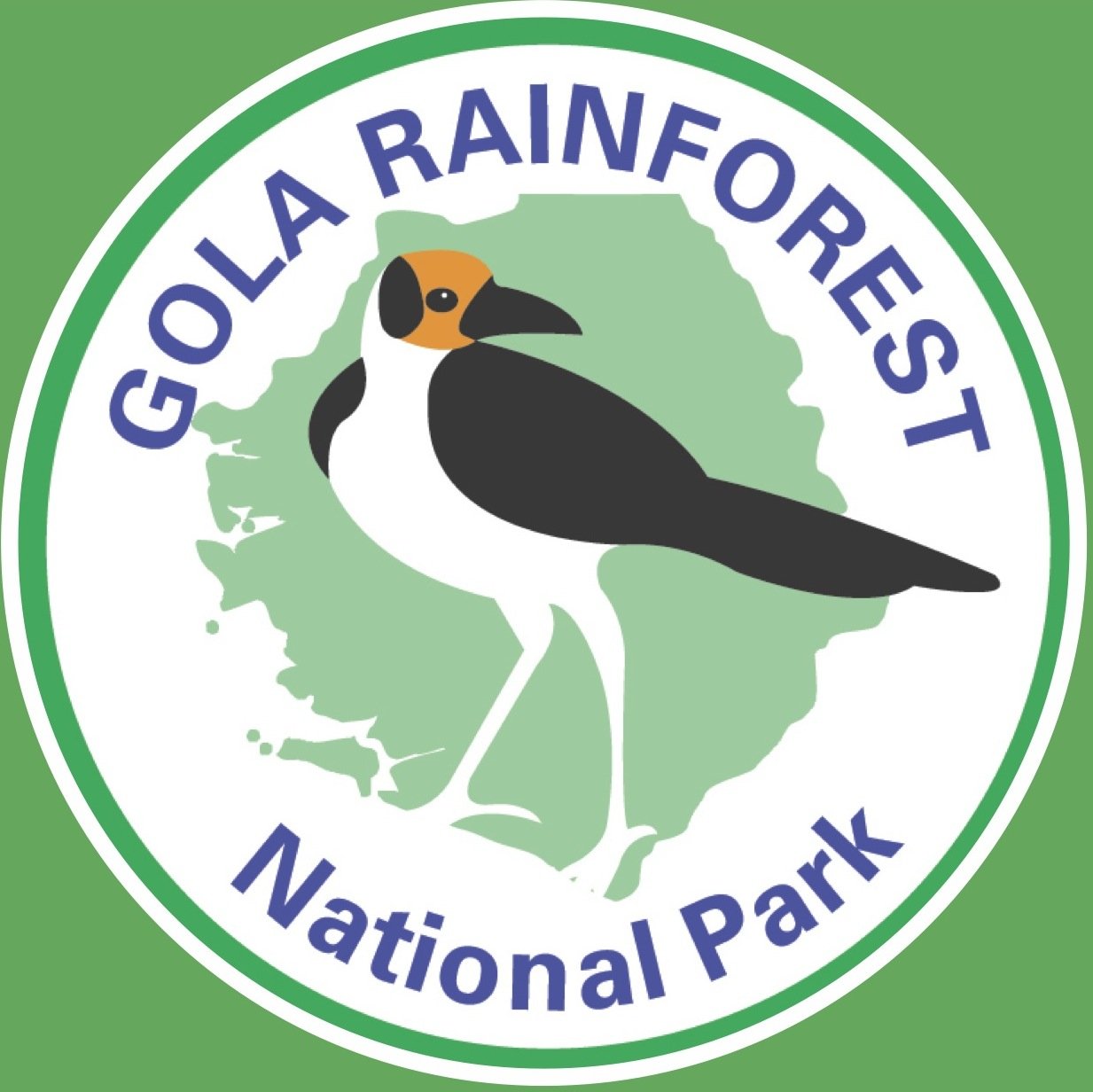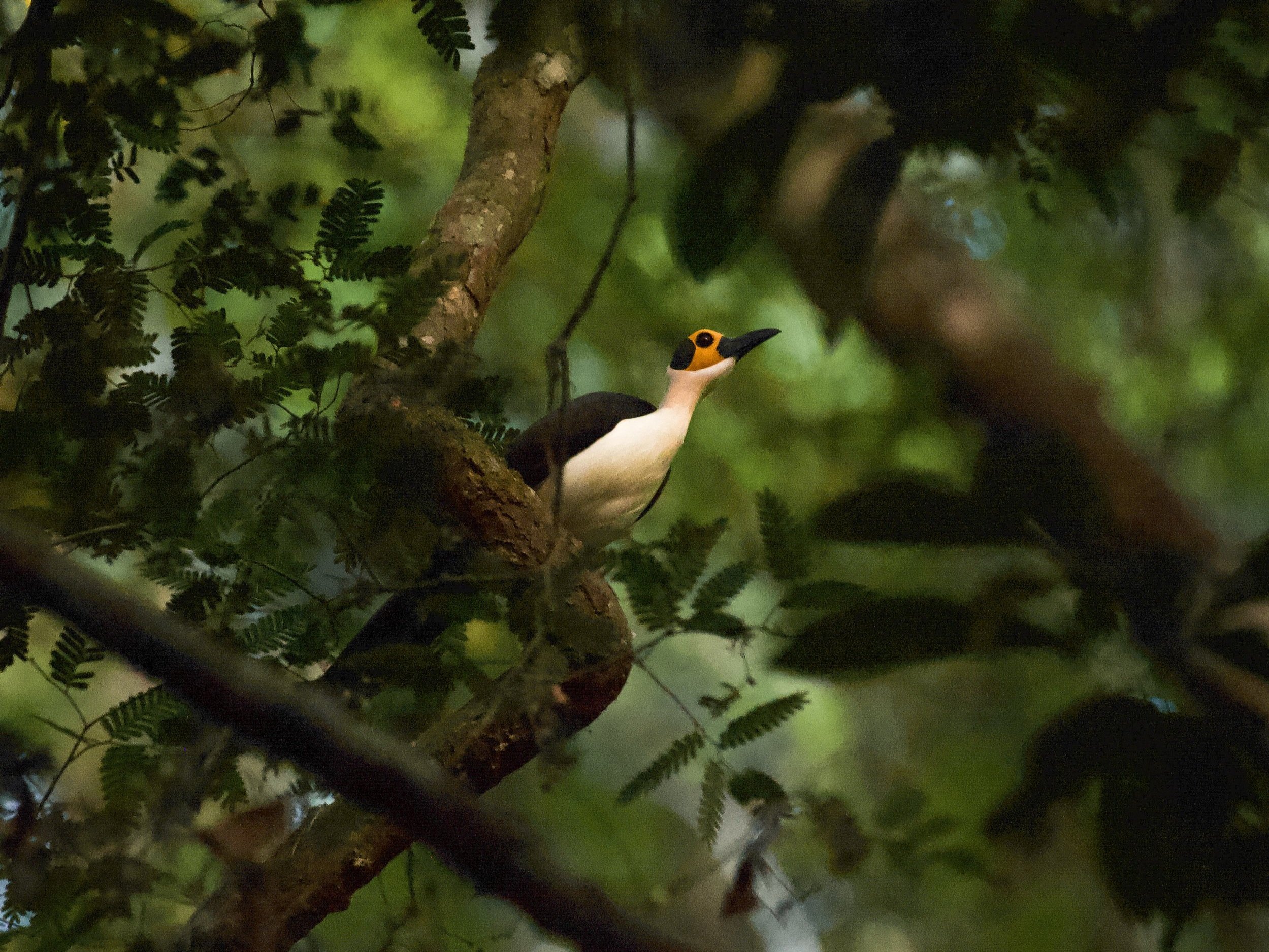Research & Monitoring
Building the Knowledge Base
The research team has developed considerable expertise in biodiversity assessments, carbon measurement and monitoring. The team is provided with technical guidance from an international Technical Advisor based in-country and with support from the Conservation Science Department of the RSPB.
The team has also benefitted from a wide range of visiting experts from organisations and universities worldwide who have provided specialist training and worked with the research team to build capacity and expertise in key areas such as botany, herpetology, ornithology, and primatology.
Core monitoring activities centre around key indicators related to the impact of the REDD+ project. These include:
Remote sensing of forest cover
Measurement of forest carbon stocks and changes in above-ground biomass
Camera trap surveys of large mammal species
Transect surveys of primate populations
Chimpanzee nest surveys
Pygmy hippo surveys
Bird point counts
Picathartes colony monitoring
Leaf litter surveys of amphibians
These surveys are conducted on a regular cycle by the research team.
Visiting Researcher?
If you are interested in conducting research or research-related activities in Gola, please refer to our External Research Flowchart for an overview of the application process. For more information, you can review the documents below:
If you have any further questions, please use the contact form
Research Aims & Strategy
The research programme at Gola aims to develop and maintain a comprehensive social and biodiversity database and monitoring system to ensure the availability of accurate, relevant and timely information to inform and enhance project management and the effective delivery of outcomes, using adaptive management processes. Beyond that, we hope to promote Gola as a regional centre for excellence in rainforest conservation research.
For more information feel free to read our Biodiversity Monitoring Plan.
Project Highlights
In addition to the core monitoring activities, the research and monitoring department also conducts discrete projects aimed at improving our knowledge and understanding of the rainforest and its diverse species. Some highlights from this work are detailed below.






